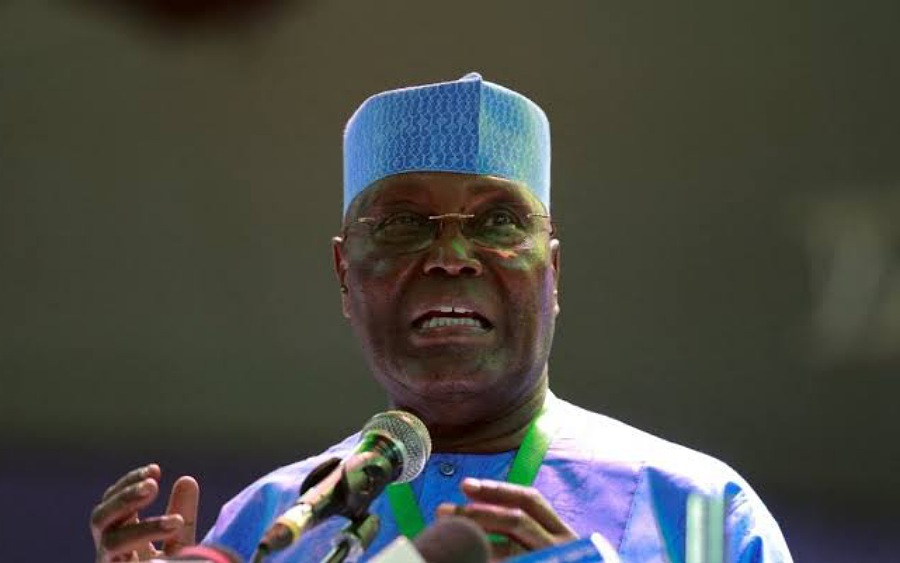Nigeria’s fortunes have been dwindling over the decades, with the country’s debt stock currently the highest ever in its history at N44 trillion. It could rise further to N77 trillion this year.
Nairametrics caught up with Dr. Ayo Teriba, the CEO of Economic Associates and the Vice-Chairman of the Technical Committee of the National Council on Privatization.
We asked him, among other things, what must Nigeria do to reverse Nigeria’s dwindling fortunes.
Enjoy the conversation.
NAIRAMETRICS: What is your view about the government’s debt profile?
Ayo Teriba: The government is proposing this year to borrow N11 trillion more, and proposing to securitize N22 trillion outstanding Ways and Means advances, more or less proposing to issue additional debt of N33 trillion to take the debt stock from N44 trillion to N77 trillion.
That is a 75% increase in the debt stock, and the government says it will happen before they leave in May.
That’s worrying because if it issues 75% more debt since it was paying N6 trillion last year when it was N44 trillion, if it goes to N77 trillion, 75% of N6 trillion is N4.5 trillion. So, the government is proposing that in 2023 it will make an interest payment of N10.5 trillion? So the government has to reconsider the move.
Any alternative to issuing the N33 trillion debt should be explored so that they don’t increase the interest payment due from N6 trillion to N10.5 trillion; which will make Nigerians poorer.
That brings the issue to this: if Nigeria owes this much, is it that Nigeria does not own anything? If Nigeria has to pay up to N6 trillion a year on interest on debt owed to other people, how much is Nigeria generating on assets that it owns?
NAIRAMETRICS: What are Nigeria’s assets?
Ayo Teriba: I find that there are two missing elements in the analysis of the government budget, revenue expenditure, deficit, and debt, that’s the end. And the budget with only four components is incomplete because you find revenue, expenditure, and deficit are on the income statement.
Debt is on the balance sheet. But there are other elements of the balance sheet apart from debt, which the government is not talking about. Debt is a liability, but debt is not the only kind of liability that the government can issue. The government can issue equity. And when people need to issue large liabilities, they tend to issue equity rather than debt.
The government treating the debt market as if it’s the only kind of liability we can raise is faulty; the government should explore the equity market. Nigeria has a stock market that is bigger than the bond market. Government has no issue with the stock market.
The government dominates the bond market. If the stock market is good enough for private companies, it should also be good enough for state-owned companies; so the government should step into the stock market and issue equities there.
Also, abroad, our government only borrows from the Eurobond market; they never issue equities on some of the assets that they own, or invite investors to come and take an equity stake in infrastructure, and real estate that the government owns; they only want to borrow and borrow, and this borrowing is back-firing now. The government should also seek foreign direct investment into some of the government-owned companies, real estate, and some of the infrastructure space.
NAIRAMETRICS: What’s the way forward?
Ayo Teriba: So, I’m saying, let’s talk more in terms of what the government owns in companies, real estate, and infrastructure. Let’s lease government assets; let’s see which of them will attract foreign direct investments. Let’s see which of them will attract domestic equity and stock market investment; then we can reduce what you are paying on interest; we can reduce the debt stock and begin to build equity stock.
You don’t pay interest on equity; debt is a temporary solution; it only postpones the evil day. You must pay interest on it, and you must pay eventually, whereas once you raise equity it’s permanent financing.
That’s the path forward I see for Nigeria; as long as we are keeping away from the equities market the difficulties will persist, but once we embrace the equities market at home and abroad, all of the difficulties will be eased because the inflow of equities is an effective inflow of revenue. The inflow of foreign investment will boost external reserves and strengthen the exchange rate, and if we succeed in attracting equities into projects, those projects will create jobs, and new revenues and will drive growth.
So, I am saying that the solution to Nigeria’s macroeconomic difficulties is to dwell more on assets and to do more on equity financing.










.gif)






